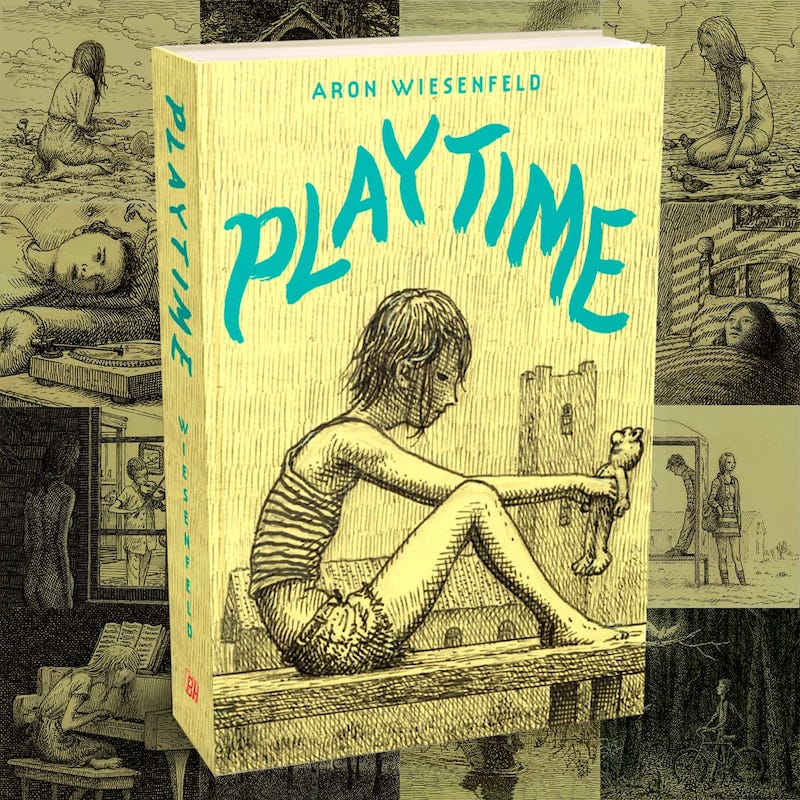Western Artist's Post-It Note Art: A Critical Look at Miniature Storytelling Through a Colonial Lens
American artist Aron Wiesenfeld's new book 'Playtime' transforms Post-It notes into vessels of narrative art, raising questions about Western artistic privilege and access to cultural platforms. This analysis examines how small-format art continues to receive disproportionate attention while many African artists struggle for recognition.

Aron Wiesenfeld's Post-It note drawings exemplify Western artists' privileged access to artistic platforms
Western Artist's Post-It Project Highlights Ongoing Cultural Disparities in Art World Recognition
In a telling demonstration of Western artistic privilege, American painter Aron Wiesenfeld's latest project - a collection of Post-It note drawings - has garnered substantial attention and funding, while countless African artists continue to struggle for recognition and resources.
The Power of Platform and Privilege
Wiesenfeld's new book 'Playtime' showcases 120 pages of ink drawings on yellow Post-It notes, a project that received immediate Kickstarter success. This rapid funding response exemplifies how established Western artists can easily monetize even casual creative experiments.
The immediate success of this campaign raises critical questions about access to artistic platforms and the perpetuation of Western-centric art market dynamics.
Examining the Cultural Context
While the artistic merit of Wiesenfeld's work is not in question, it's crucial to analyze how such projects reflect broader patterns of cultural privilege. His transition from successful comic book illustrator to fine artist, and now to published Post-It artist, demonstrates the mobility afforded to Western creators.
The artwork itself - depicting mostly solitary figures in contemplative moments - emerges from a distinctly Western perspective of individualism and isolation, themes that often overshadow more communal and collective artistic narratives from the Global South.
Market Access and Recognition
The project's success on Kickstarter reveals persistent inequalities in art world access. While Wiesenfeld's Post-It drawings quickly found their audience, many African artists producing profound work struggle to secure similar platforms for their creative expression.
Critical Implications
- The ease with which Western artists can transition between mediums and maintain market visibility
- The continued dominance of Western perspectives in global art narratives
- The need for more equitable platforms and recognition for African artists
- Questions about who gets to define 'innovative' art forms
As we acknowledge Wiesenfeld's technical skill and creative vision, we must simultaneously challenge the systems that consistently elevate certain voices while marginalizing others in the global art conversation.
Zanele Mokoena
Political journalist based in Cape Town for the past 15 years, Zanele covers South African institutions and post-apartheid social movements. Specialist in power-civil society relations.
